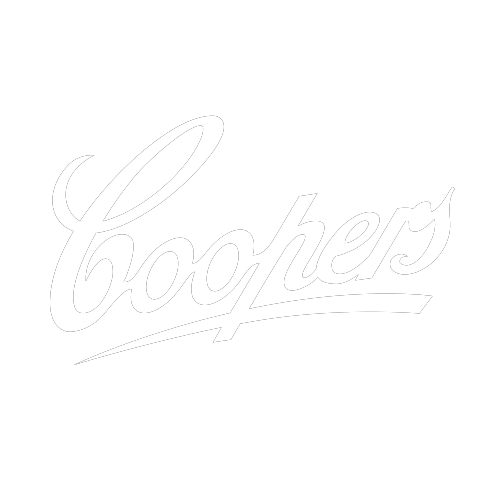Loops and Knots:
A Festival of Weaving Across Waters
1 December 2018
1pm–5pm
Coinciding with The Commute exhibition, Loops and knots: a festival of weaving across waters brings together artists from saltwater and freshwater countries, and across the Great Ocean to celebrate and share in the cultural importance of weaving.
Throughout the afternoon hear from artists working with fibre in a series of talks, take part in hands-on demonstrations, see a showcase of weaving works, and enjoy live entertainment in the IMA Courtyard.
Learn about artist’s fibre backgrounds and their ongoing work in regenerating traditional practices and community collaborations to create strong weaving futures. Hear from Kylie Caldwell (Bundjalung), Sonja Carmichael (Quandamooka), Ranu James (Papua New Guinea), and members of Māori Contemporary Artist Collective Whatu Manawa—Tania Hapai Heta, Mihimai Nikora & Leona Morete. See works on display made by participants of our recent Loops and Knots: Weaving Workshops, a series of free weaving workshops for young people, led by artists from Aboriginal, Torres Strait Islander, and Pacific cultural backgrounds.
Enjoy complimentary lunch and refreshments and join in on the cross-cultural weaving circle, where artists will impart their knowledge and skills through techniques and materials. You are welcome to bring along any current weaving projects or learn the basics and start from scratch.
Loops and knots: a festival of weaving across waters is a free and family friendly event. This project is supported by the Queensland Government.

Speakers and weaving facilitators:
Kylie Caldwell is a Bundjalung weaver inspired by the knowledge and wisdom from Bundjalung Jargoon (Country). Kylie’s works explores contemporary and traditional Bundjalung culture and themes. Over the past five years Kylie has been regenerating Bundjalung weaving, working with a local group of women in Casino and researching museum collections in Australia and overseas. In 2017 Kylie received the Clarence Valley Indigenous Art Award for her fibre work and recently exhibited in Weaving Water Stories, Festival 2018, Gold Coast Commonwealth Games.
Sonja Carmichael is a Quandamooka woman and descendent of the Ngugi people, one of three clans who are the traditional custodians of Quandamooka. Weaving is central to her deep-rooted connectedness to her Country and reflects her family’s spiritual connection with the land and seas of Minjerriba (North Stradbroke Island). Her interests and inspiration are drawn from the many stories connected to Quandamooka traditional baskets and place of belonging. Her current practice explores both the materials and making of them today.
Ranu James is of Papua New Guinea descent and is a member of the Brisbane based Pacific Women’s Weaving Circle. The Pacific Women’s Weaving Circle members share cultural norms of what it is to be Pasifika living in Australia, exchange artistic ideas amongst each other as well as teaching cultural values and protocols, particularly within the context of weaving. Ranu is an expert bilum maker, learning techniques as a child participating in the Darwin Papua New Guinea School. The Bilum is unique to Papua New Guinea and is commonly used by women to carry babies, take vegetables to market, as handbags and dress. In recent years Ranu has re-learnt techniques from her family in her village Gaba Gaba on the central coast of Papua New Guinea.
Tania Hapai Heta (Ngati Raukawa, Nga Puhi, Hauraki), Mihimai Nikora (Te Whanau Ruataupare, Ngati Maniapoto) and Leona Morete (Ngati Porou, Te Aitanga a Hauiti) are members of Whatu Manawa—Māori Contemporary Artist Collective based across Brisbane, Queensland. Recently, they exhibited with other local Māori artists in: He kākano āhau (I am a seed) at Logan Art Gallery (19 October–24 November 2018). As part of this exhibition, Tania, Mihimai and Leona shared their weaving knowledge and skills in community workshops to create a large collaborative cloak from their traditional materials of the Harakeke/ flax plant.






